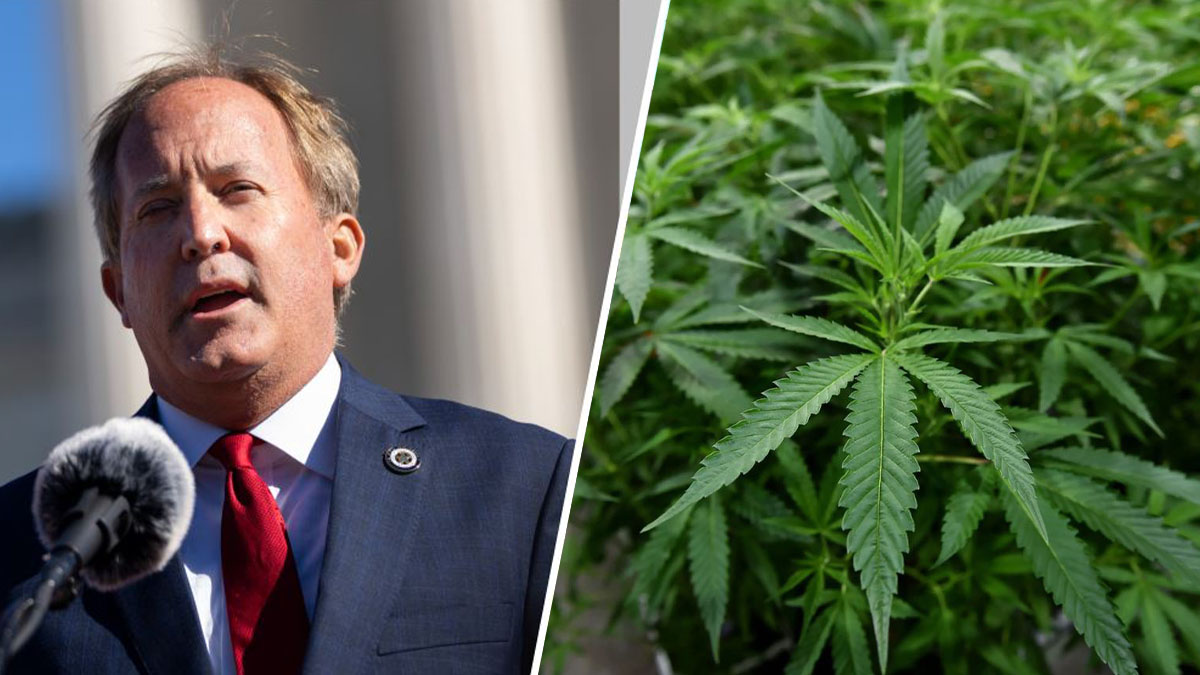
The Dedman School of Law at Southern Methodist University has released its second report investigating trends in the enforcement of marijuana misdemeanors in Dallas County.
The report, called Budding Change, was released by the Deason Criminal Justice Reform Center and explores the impact of policy changes on the number of marijuana referrals in Dallas County.
According to SMU officials, the report found that police referrals for prosecution significantly decreased after new non-prosecution policies for first-time marijuana possession were implemented.
In February 2019, Dallas County District Attorney John Creuzot instituted a non-prosecution policy for most cases of first-time misdemeanor marijuana possession.
Get top local stories in DFW delivered to you every morning. Sign up for NBC DFW's News Headlines newsletter.
According to the Deason Center report, after Creuzot implemented the non-prosecution policy, municipal police departments referred substantially fewer cases for prosecution than they had in 2018.
After the District Attorney's Office issued a July 2019 policy requiring that police submit laboratory tests with marijuana cases, police referrals decreased even more dramatically, SMU officials said.
The report also found that during 2019, Class A and B misdemeanor referrals for marijuana possession decreased by 31% countywide, as compared to 2018 data.
Local
The latest news from around North Texas.
Creuzot's decision not to prosecute most first-time marijuana possession cases was associated with a 24% decrease in the number of marijuana misdemeanors police referred for prosecution compared to 2018, according to the report.
After Creuzot required police to include a laboratory report with any marijuana case referred for prosecution, referrals decreased by 46% compared to 2018.
According to the report, the six large municipalities that were responsible for 81% of 2018 Dallas County marijuana cases made only 29% fewer marijuana arrests in 2019, while 17 smaller municipalities, which were responsible for 19% of 2018 cases, reduced their marijuana arrests by 55% in 2019.
Budding Change is the second in a series of reports investigating trends in the enforcement of marijuana misdemeanors.
The first report, The ABCs of Racial Disparity, found significant racial disproportionality in Dallas County in the enforcement of drug paraphernalia and possession of marijuana misdemeanors.



